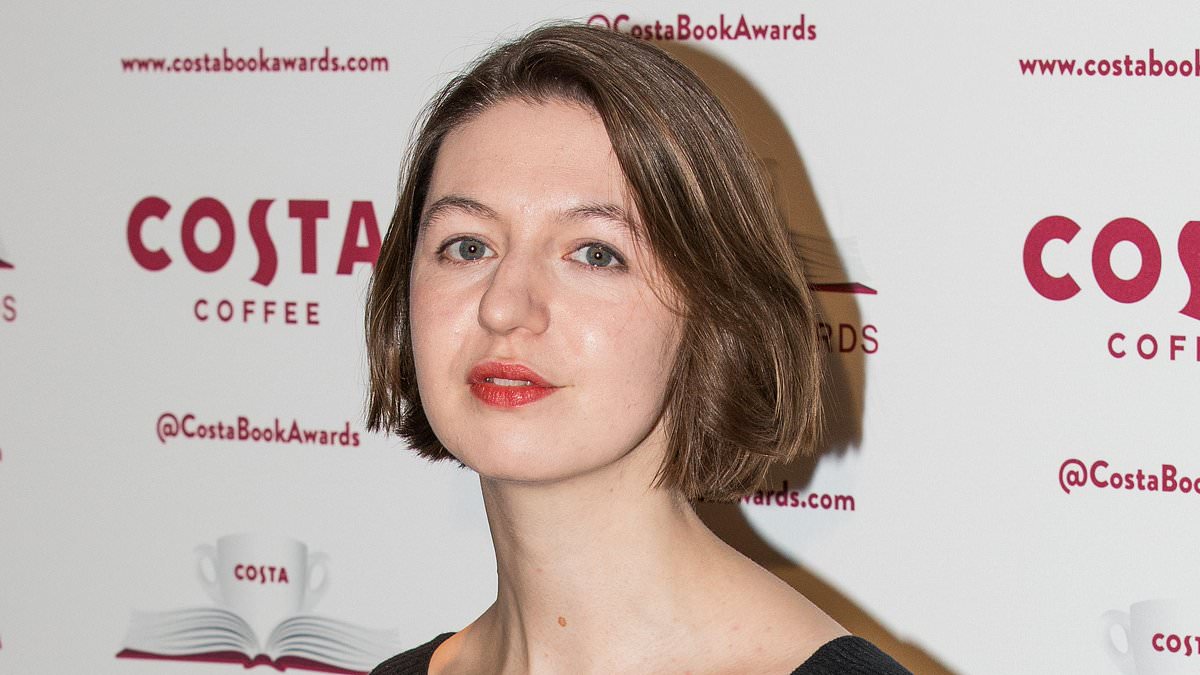
The renowned author Sally Rooney, widely celebrated for her bestselling novels such as Normal People and Conversations with Friends, has recently made headlines by reaffirming her outspoken support for Palestine Action. Her pledge to donate royalties from her books and other earnings to this proscribed organization has ignited widespread debate, particularly in the UK, where the group has been officially designated as a terrorist organization under the Terrorism Act.
Sally Rooney’s Statement on Supporting Palestine Action
In her opinion piece for The Irish Times, Rooney passionately defended her stance, stating, “I feel obliged to state once more that – like the hundreds of protesters arrested last weekend – I too support Palestine Action. If this makes me a ‘supporter of terror’ under UK law, so be it.” She also highlighted the potential risks her activism carries, mentioning that donating proceeds from her books and public appearances might be deemed illegal under UK law.
Rooney, who resides in Ireland, emphasized the disparity in legal interpretations between the UK and her home country, as Palestine Action is not proscribed under Irish law. “To ensure the British public is aware of my position, I would happily publish this statement in a UK newspaper – but that would now be illegal,” she explained.
The Response of No. 10 and Legal Ramifications
The UK government has issued a strong warning regarding support for the organization, which was banned following incidents that included extensive damage to government property. Downing Street’s official spokesperson reiterated that supporting a proscribed group is a criminal offense under UK law and could result in up to 14 years of imprisonment.
Prosecutors in the UK are ramping up actions against individuals and protests related to Palestine Action. With more than 700 arrests since the ban took effect, the controversy surrounding public support for the group continues to grow. Meanwhile, Ireland has not introduced similar legislation, leaving Rooney free to express her support from across the Irish Sea without immediate legal consequences.
Broader Implications of Rooney’s Advocacy
Sally Rooney’s activism has drawn both praise and criticism internationally. Dr. Jilan Wahba Abdalmajid, Ambassador of Palestine in Ireland, publicly lauded the author’s stance, expressing hope that such advocacy will bring attention to the human rights violations occurring in Palestine. However, Rooney’s critics argue her position risks undermining her widely respected platform as an artist and could alienate readers and media partners alike.
The BBC, which aired adaptations of Rooney’s novels, declined to comment in detail, stating, “Matters relating to proscribed organizations are for the relevant authorities.” Still, Rooney’s fans and detractors continue to weigh in on her decision, debating whether this form of activism furthers human rights awareness or breaches legal and ethical boundaries.
What Does This Mean for Authors and Public Figures?
As a prominent public figure, Sally Rooney’s actions highlight the evolving role of artists as activists. Authors, musicians, and celebrities alike increasingly use their platforms to voice political opinions and push for social change. However, aligning with controversial organizations—especially those legally banned—raises valid concerns about greater implications, both legal and reputational.
Recommended Reads for Political and Social Consciousness
If you’re inspired by Sally Rooney’s focus on social justice and want to incorporate meaningful activism into your lifestyle, consider exploring books like “Indigenous Activism” by Candis Callison. This book offers insights into how individuals can create change while staying grounded in community support and responsible action.
Takeaway: Sally Rooney’s bold stance reminds us of the fine line between activism and legal constraints, encouraging further discussion on the responsibilities of public figures in shaping political discourse.



